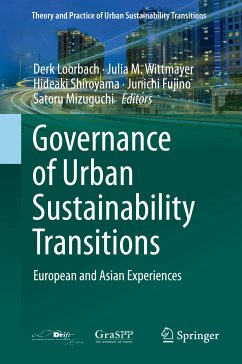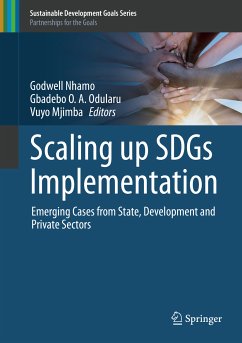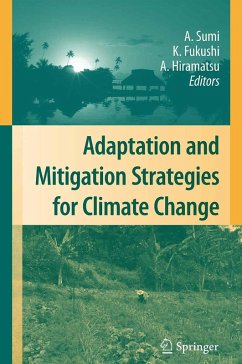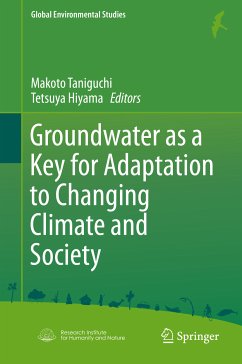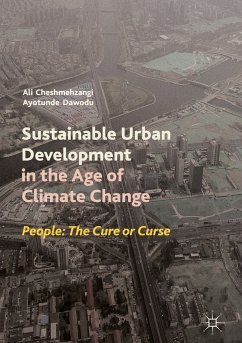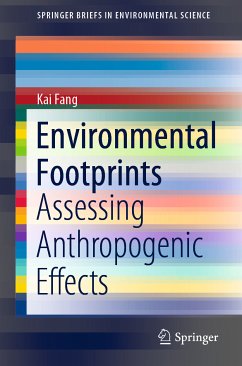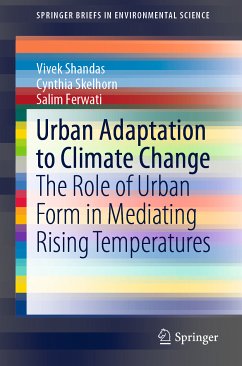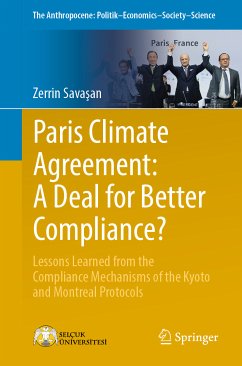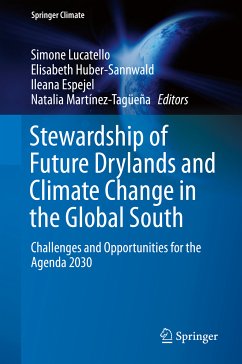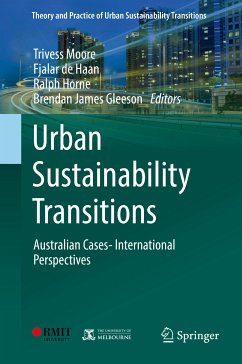
Urban Heat Island (UHI) Mitigation (eBook, PDF)
Hot and Humid Regions
Redaktion: Enteria, Napoleon; Eicker, Ursula; Santamouris, Matteos
Versandkostenfrei!
Sofort per Download lieferbar
56,95 €
inkl. MwSt.
Weitere Ausgaben:

PAYBACK Punkte
28 °P sammeln!
This book discusses the concepts and technologies associated with the mitigation of urban heat islands (UHIs) that are applicable in hot and humid regions. It presents several city case studies on how UHIs can be reduced in various areas to provide readers, researchers, and policymakers with insights into the concepts and technologies that should be considered when planning and constructing urban centres and buildings. The rapid development of urban areas in hot and humid regions has led to an increase in urban temperatures, a decrease in ventilation in buildings, and a transformation of the o...
This book discusses the concepts and technologies associated with the mitigation of urban heat islands (UHIs) that are applicable in hot and humid regions. It presents several city case studies on how UHIs can be reduced in various areas to provide readers, researchers, and policymakers with insights into the concepts and technologies that should be considered when planning and constructing urban centres and buildings. The rapid development of urban areas in hot and humid regions has led to an increase in urban temperatures, a decrease in ventilation in buildings, and a transformation of the once green outdoor environment into areas full of solar-energy-absorbing concrete and asphalt. This situation has increased the discomfort of people living in these areas regardless of whether they occupy concrete structures. This is because indoor and outdoor air quality have both suffered from urbanisation. The development of urban areas has also increased energy consumption so that the occupantsof buildings can enjoy indoor thermal comfort and air quality that they need via air conditioning systems. This book offers solutions to the recent increase in the number of heat islands in hot and humid regions.¿
Dieser Download kann aus rechtlichen Gründen nur mit Rechnungsadresse in A, B, BG, CY, CZ, D, DK, EW, E, FIN, F, GR, HR, H, IRL, I, LT, L, LR, M, NL, PL, P, R, S, SLO, SK ausgeliefert werden.



